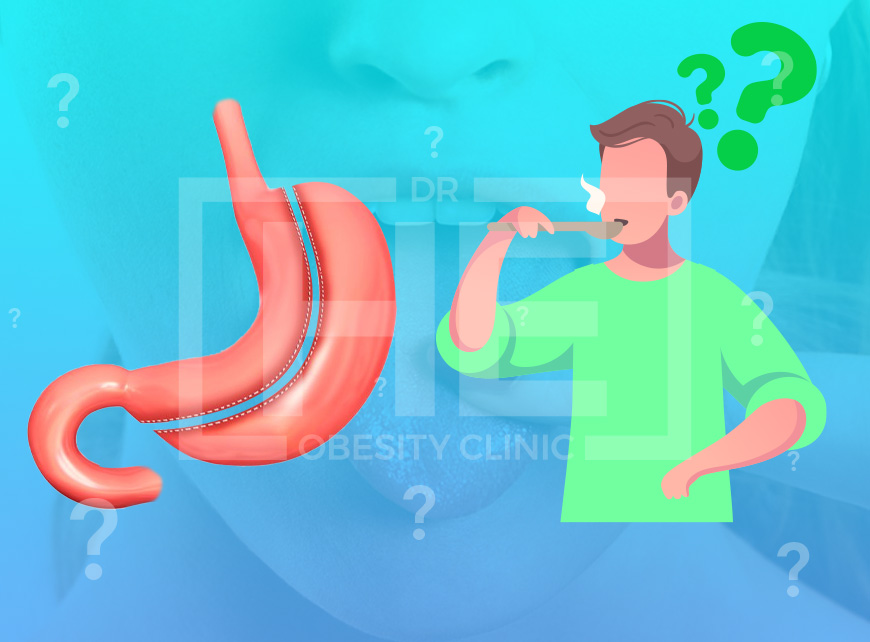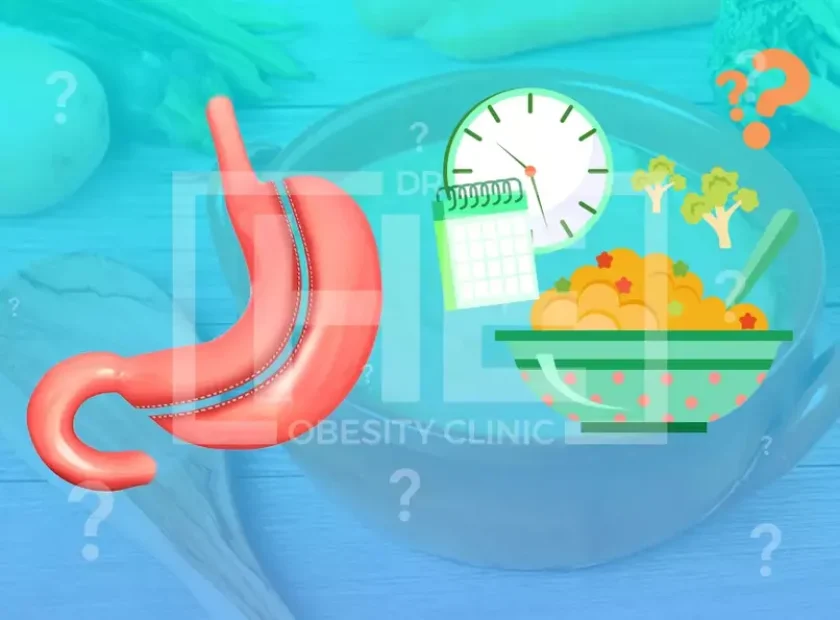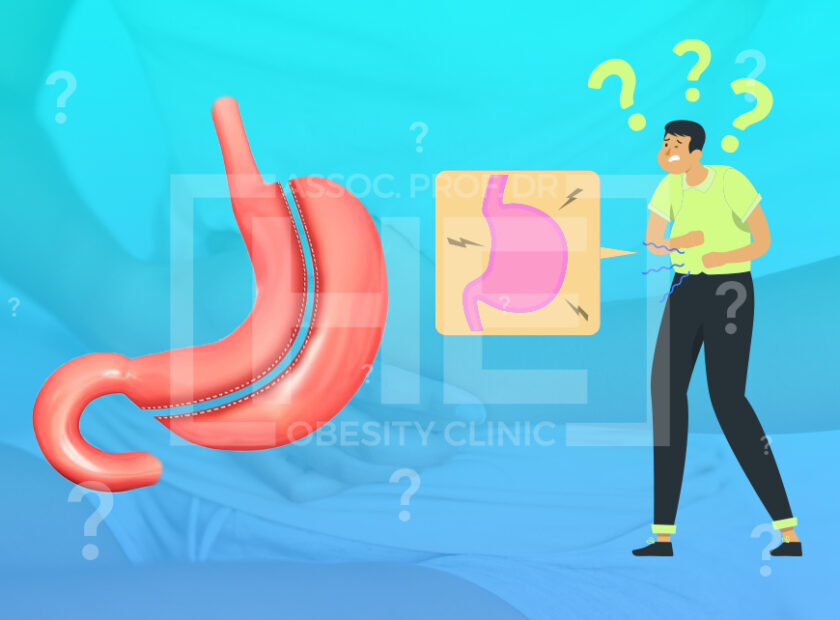
Why Does Taste Change After Gastric Sleeve? The simple answer is why does taste change after gastric sleeve. The treatment applied affects your hormones and your smell taste balance changes. Since those senses are not considered vital to life, disorders of taste and aroma may be neglected in medical practice.
However, diagnosing and treating dysgeusia and dyssomnia is critical because these disorders can lead to nutritional deficiencies if a patient is unable to consume enough food and/or supplements.
Before diagnosing a patient to dysgeusia and dyssomnia, the clinician should look over their current lab results to rule out mineral deficiencies and look into medication side effects as possible causes of their symptoms.
Scientists are not clear what causes this common problem, but it’s thought to be largely hormonal in nature. Changes in ghrelin and some other hormones that reside in and impact the throat make sense because they can have a big impact on the nervous system (a highway between the brain and the GI tract that communicates when you’re hungry, full, and what sounds good).
What’s the Deal with these Taste Shifts?
We do not know what causes changes in taste after surgery. Many experts attribute it to a shift in hormones in the gut following surgery. The level of gut hormones is affected when a portion of a stomach is removed, and this is likely to affect our taste, smell, and appetite.
Is there Something I Can Do to Aid in the Development of New Tastes?
Don’t be afraid to try new combos or foods you’ve never tried before, as well as foods you’ve disliked in the past. It’s not unusual to enjoy foods you used to despise after surgery.
Also, experiment with different cooking techniques. Use a variety of herbs, spices, vinegars, curries, and cooking methods, such as baking rather than stewing or poaching rather than frying.
Top 5 Weight Loss Recipe books to Help You Achieve Your Fitness Goals Following Bariatric Surgery
- These flavour shifts can be viewed as a good thing in some cases, especially if you have a sweet tooth or can’t resist a salty snack. However, there are a few key nutrition-related tips to remember when dealing with taste changes.
- Now is the ready to initiate learning about the foods that will help you meet your daily protein requirements. If you relied on meat and meat products for protein before surgery but can no longer do so.
- If you have food aversions, especially to foods with a high protein content, such as meat and meat products, it’s critical to understand where to get your routine protein (minimum 60g for a gastric bypass and 80g for all other surgeries) from other sources.
- Remember that these hormones do return, and a study found that 6 years after surgery, patients were going to consume 87 percent of a normal daily calorie intake. As a result, their taste changes does not last indefinitely. It’s crucial to work with your dietitian early on to establish healthy eating habits and identify your trigger foods so that you’re ready for long-term success.
Some Certain Changes After Gastric Sleeve
The majority of the time, those certain changes are beneficial, at least in terms of weight loss. Many patients report that sweets and fatty fast food meals no longer appeal to them, but that new cravings for fruits and vegetables have developed. Is not it strange?
Patients with VSG who report changes in their taste buds, on the other hand, are more likely to lose weight than those who do not.
And as you lose weight, your cravings may change as well. Because many hormones are linked to body fat, reducing body fat changes your hormones as well. This is most noticeable right after your gastric sleeve, but it can also occur to a lesser extent as you lose weight later.
Will I Ever Enjoy Food Again After Gastric Sleeve Surgery?
You will probably be wondering, “Will I ever enjoy eating again after my gastric sleeve?” There are several ways to re-establish your food enjoyment after your surgery. First, start by drinking small amounts of clear fluids. Ideally, you should start with clear soups and dilute squash.
Then, add nutritional liquids like skimmed milk or smooth soups. You can also add Marmite or unsweetened fruit juices to your diet. You should also drink at least 2.5 litres of water daily.
After your surgery, you should aim to eat three healthy meals a day and stick to an average calorie intake of 1000 to 1200kcal per meal. After your surgery, you should continue with healthy eating habits and increase your physical activity.
It is essential that you listen to your body and follow the instructions of your surgeon. Your new diet will be different than before your gastric sleeve, but you should still try to eat healthy foods that will make you feel good.
After your surgery, you should be cautious when eating out. While you might enjoy a delicious pizza, make sure the crust is thin and the ingredients are lean.
Remember, protein is the priority, not fat. Tomato based sauces are healthier for you as well. But don’t go crazy and eat all the pasta in the world. It’s best to avoid fatty sauces like cream and butter.




